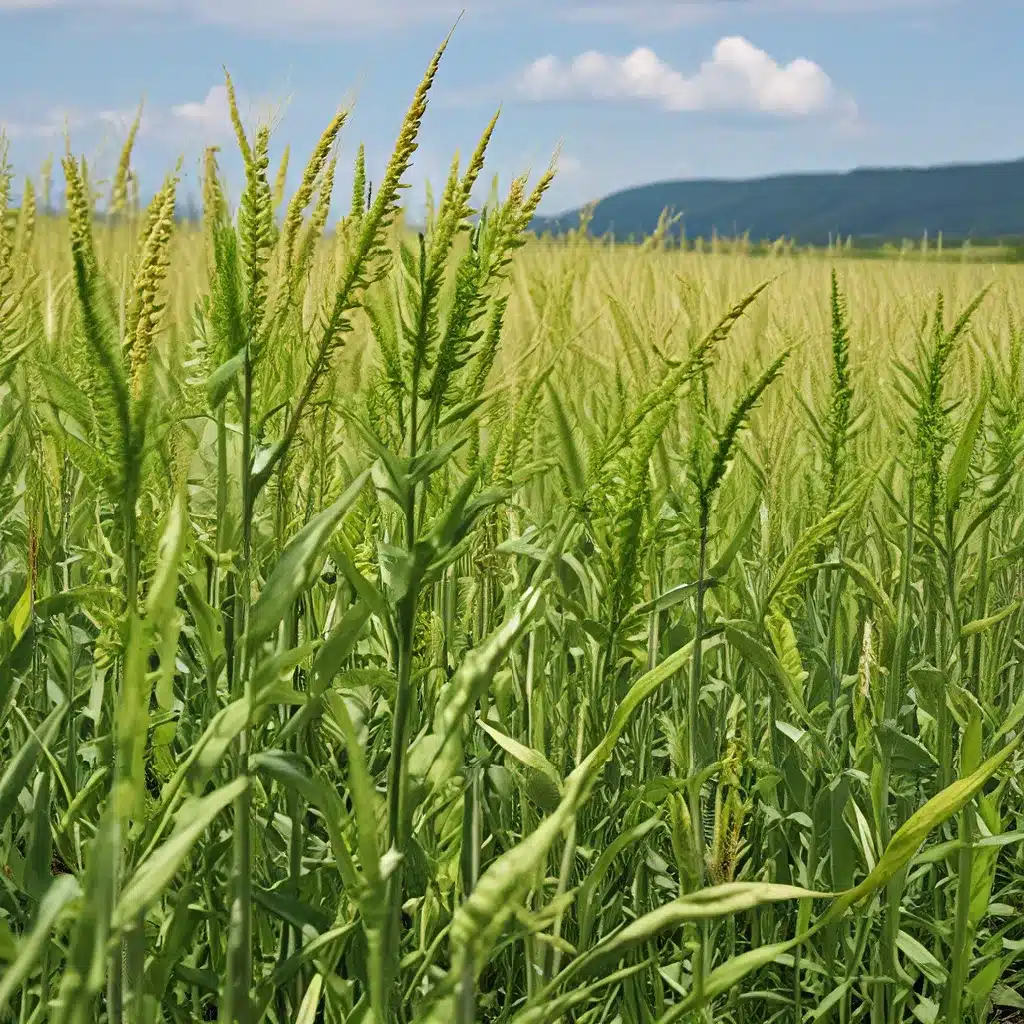
I’ll never forget the first time I stepped into a biofuel production plant – the hum of the machinery, the swirl of scientific activity, the palpable sense of excitement in the air. It was like stepping into the heart of a renewable energy revolution.
As I delved deeper into the world of bioenergy, I was amazed by the rapid advancements taking place in conversion technologies. These cutting-edge processes are transforming the way we produce sustainable fuels, unlocking unprecedented efficiency and unlocking a future less reliant on fossil fuels.
Let me take you on a journey through some of the most groundbreaking bioenergy breakthroughs and explore how they’re reshaping the energy landscape.
Enzymatic Conversion: Unlocking Biomass Potential
One of the most exciting developments in bioenergy is the rise of enzymatic conversion processes. These innovative techniques leverage the power of enzymes to break down complex organic materials, like agricultural waste or woody biomass, into simpler components that can then be fermented to produce biofuels.
The beauty of enzymatic conversion lies in its efficiency and versatility. By harnessing the natural catalytic properties of enzymes, we can achieve higher conversion rates and reduce waste generation compared to traditional methods. Companies like Novozymes and Genencor have developed innovative enzyme-based solutions, such as Cellic CTec and Accellerase, that are revolutionizing the industry.
Of course, no technology is without its challenges. High enzyme costs and the need for ongoing process optimization remain hurdles to overcome. But with the rapid pace of scientific advancement, I’m confident we’ll continue to see significant breakthroughs in this field.
Microbial Fermentation: Harnessing the Power of Nature
Alongside enzymatic conversion, the world of microbial fermentation has also experienced a remarkable transformation. By leveraging the remarkable capabilities of microorganisms like bacteria and yeast, we can now convert sugars derived from various feedstocks into a diverse array of biofuels.
The beauty of microbial fermentation lies in its high conversion efficiency and the ability to utilize a wide range of feedstocks, from agricultural residues to municipal waste. Companies like Coskata and Gevo have pioneered successful microbial fermentation processes, producing cellulosic ethanol and butanol-based biofuels, respectively.
Of course, this technology is not without its challenges. Sensitivity to impurities and the need for precise control of fermentation conditions can present hurdles. But with continued research and optimization, I’m confident we’ll see even more impressive advancements in this field.
Catalytic Breakthroughs: Unlocking New Biofuel Pathways
Alongside the advancements in enzymatic conversion and microbial fermentation, the role of catalysts in biofuel processing has also taken center stage. These chemical agents play a vital role in facilitating the necessary reactions to convert feedstocks into usable biofuels.
Recent breakthroughs in catalyst technology have led to improved conversion rates and increased selectivity, paving the way for the commercial production of advanced biofuels like renewable diesel and aviation fuel. Catalysts like zeolites, supported metals, and solid acids have been at the forefront of these advancements.
One remarkable case study showcases the implementation of a novel enzymatic conversion process in a biofuel production plant. This process significantly improved efficiency and cost-effectiveness, leading to increased profitability and reduced environmental impact. Another case study highlights the successful utilization of a highly efficient microbial fermentation technique in a large-scale biofuel facility, enabling the production of high yields of biofuels from diverse feedstocks.
Emerging Trends and Future Directions
As I delve deeper into the world of bioenergy, I’m continually amazed by the rapid pace of innovation. Recent research findings have uncovered promising developments, such as the creation of genetically modified microorganisms for enhanced fermentation efficiency and the exploration of unconventional feedstocks for biofuel production.
Emerging technologies and trends in the industry include the utilization of algae as a biofuel feedstock and the integration of biofuel production with carbon capture and storage techniques. These advancements hold immense potential to drive the widespread adoption of biofuels, reduce greenhouse gas emissions, and promote energy independence.
Of course, implementing these advanced biofuel processing technologies is not without its challenges. High costs, limited feedstock availability, and regulatory barriers can all present hurdles. Controversies surrounding biofuels, particularly around land use change and potential impacts on food security, also demand careful consideration.
But despite these challenges, I’m confident that the future of bioenergy is bright. With continued research, development, and collaboration, I believe we can harness the power of these advanced conversion technologies to transform the energy landscape and pave the way for a more sustainable future.
At Firewinder, we’re at the forefront of this renewable energy revolution, providing cutting-edge solutions to help businesses and communities embrace the power of bioenergy. By leveraging the latest advancements in conversion technologies, we’re empowering our clients to reduce their carbon footprint, drive economic growth, and create a brighter tomorrow.
As I look to the future, I can’t help but feel a sense of excitement and optimism. The possibilities are endless, and I’m honored to be a part of this incredible journey. Who knows what other bioenergy breakthroughs are waiting just around the corner? One thing’s for sure – I can’t wait to see what the future holds.

